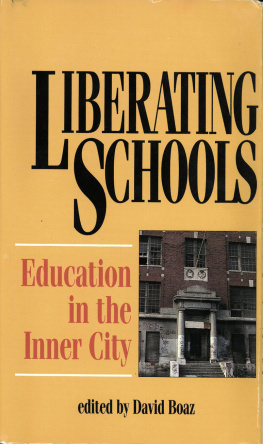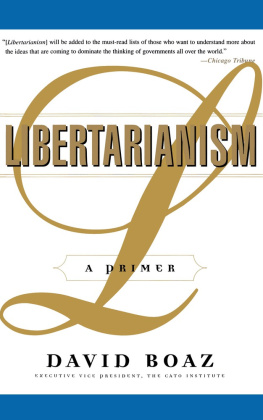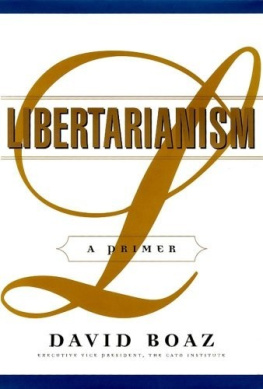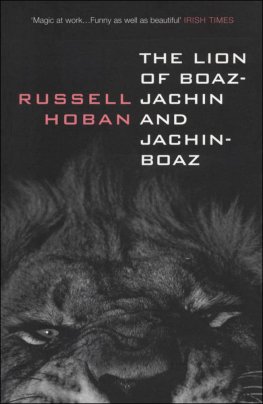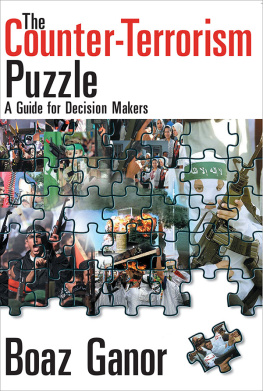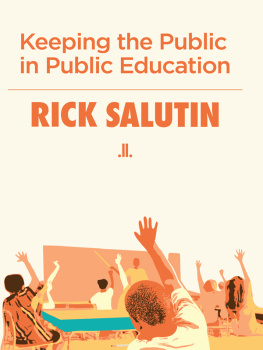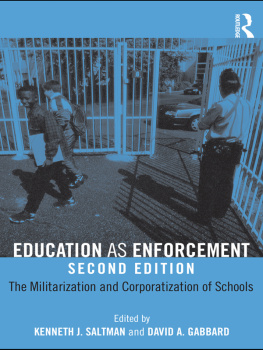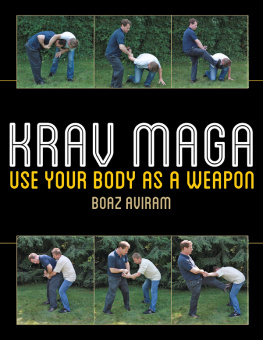LIBERATING SCHOOLS
Education in the Inner City
T he American dream starts with education. Our national mythology says that any poor kid can get a good education and grow up to be whatever he or she wants to be. But today, for the first time in American history, some Americans seem to be trapped in poverty, unable to escape. One major reason is the decline in education for the poor.
Over the past generation several factors have been at work: School districts have become larger, more bureaucratic, and less responsive to the local community. Interest groups from left to right have pressed their own political agendas on the schools. School officials have lost the ability and even the will to impose discipline. And test scores have been falling since 1963, while inner-city schools have become an educational Hiroshima.
Today it is virtually impossible to get a decent education in an inner-city public school. That situation has devastating implications for our society. Businesses are finding it difficult to hire entry-level employees who are competent at basic reading, writing, and arithmetic. More important, millions of young Americans are leaving school uneducated, unprepared to enter the economic mainstream, and increasingly alienated. Instead of being the ticket out of the slums, schools have become a major element of the poverty trap.
In this volume a dozen leading education analysts look at inner-city schools and offer innovative reforms. Editor David Boaz makes a comprehensive case for educational choice and refutes seven major myths about choice.
(continued on back flap)
LIBERATING
SCHOOLS
Education
in the
Inner City
LIBERATING
SCHOOLS
Education
in the
Inner City
edited by David Boaz
Copyright 1991 by the Cato Institute.
All rights reserved.
Library of Congress Cataloging-in-Publication Data
Liberating schools : education in the inner city / edited by David Boaz.
p. cm.
Most chapters are papers previously presented at a conference convened by the Cato Institute in Washington in October 1989.
Includes bibliographical references and index.
ISBN 0-932790-82-8 ISBN 0-932790-83-6 (pbk.)
1. Education, UrbanUnited StatesCongresses. 2. Educational changeUnited StatesCongresses. 3. School, Choice ofUnited StatesCongresses. 4. Socially handicapped childrenEducation United StatesCongresses. I. Boaz, David, 1953- II. Cato Institute.
LC5131.L53 1991
91-15697
370.19'348'0973dc20
CIP
Cover Photo: Joseph Rodriguez/Black Star
Printed in the United States of America.
CATO INSTITUTE
224 Second Street, S.E.
Washington, D.C. 20003
Preface
For the past decade Americans have been intensely concerned with the quality of American education, which is hardly surprising given the importance of education to society and the growing evidence of problems in American education. Nowhere are those problems more severe than in our inner cities, where learning has all but ceased in many schools. It was concern about inner-city children that led the Cato Institute to convene a conference, "Education and the Inner City," in Washington in October 1989. Most of the chapters in this volume were originally presented at that conference.
The editor's introduction provides an overview of the problems of American education and a proposed solution: educational choice. The introduction examines the reasons for the failure of American schools and answers some of the criticisms of educational choice. William A. Niskanen of the Cato Institute lays out the data: rising inputsthe number of teachers and other employees, their salaries, and other expenditurescombined with falling outputs, as measured by test scores, graduation rates, and post-school employment and earnings.
In the next two chapters journalist Bonita Brodt and Ben Peterson, a pseudonymous Los Angeles teacher, give us some insight into life inside big-city schools. Their stories remind us of just how bad inner-city schools are, perhaps lending support to the editor's argument that there is little or no downside risk in trying a sweeping reform such as vouchers. Their articles also illustrate the culture of despair and helplessness that the welfare state has brought to the inner city.
The next several chapters discuss various possibilities for educational reform, focusing for the most part on different aspects of choice. Joan Davis Ratteray of the Institute for Independent Education argues that public schools have failed black students and describes the many minority-run private schools that have sprung up in inner cities. Education scholar Myron Lieberman urges that for-profit companies should get into the education business and that choice plans should include them. John E. Chubb and Terry M. Moe of the Brookings Institution offer a comprehensive series of questions and answers about choice, expanding on the material in their seminal Politics, Markets, and America's Schools.
Educators Sy Fliegel and Robert Peterkin describe their experiences with successful public school choice plans in East Harlem and Cambridge, Massachusetts. Legal scholar John Coons of the University of California at Berkeley, a long-time activist on behalf of equal opportunity, argues that public school choice is not enough and that private schools must be included in any successful choice plan.
In the last two chapters economist James D. Gwartney and former Delaware governor Pete du Pont tie together two major themes of the book: the value of choice and the particular needs of poor, minority, and inner-city children. Gwartney proposes a voucher tied to family income, falling in value as income rises, to give greater assistance to low-income families. Du Pont proposes that we declare the worst school districts in America "education enterprise zones" and start a choice plan theremuch as has been done recently in Milwaukee under Polly Williams's voucher plan.
As concern about the quality of American education begins to lead Americans toward major structural reforms, the Cato Institute is pleased to present these essays. We believe they make a major contribution to the national debate on educational reform.
1. The Public School Monopoly: America's Berlin Wall
David Boaz
No public policy issue is more important to any nation than education. Education is the process by which a society transmits its accumulated knowledge and values to future generations. Education makes economic growth possible, in the first instance by ensuring that each new adult doesn't have to reinvent the wheel literally. By passing on what it has already learned, the present generation enables the next generation of philosophers, scientists, engineers, and entrepreneurs to stand on the shoulders of giants and see even farther. And only by educating its young people about its history, its literature, and its values can a societya nationbe said to have a culture.
It is important to remember the distinction between education and schooling. As Mark Twain is supposed to have said, "I have never let my schooling interfere with my education." Education is a process of learning that goes on at all times of day and in all periods of life. It involves books, newspapers, movies, television, experience, and the advice of friends and family. Schooling, on the other hand, is only a small part of any person's education. Nevertheless, for convention's sake, this paper uses the term "education" even though we are really discussing schooling.


